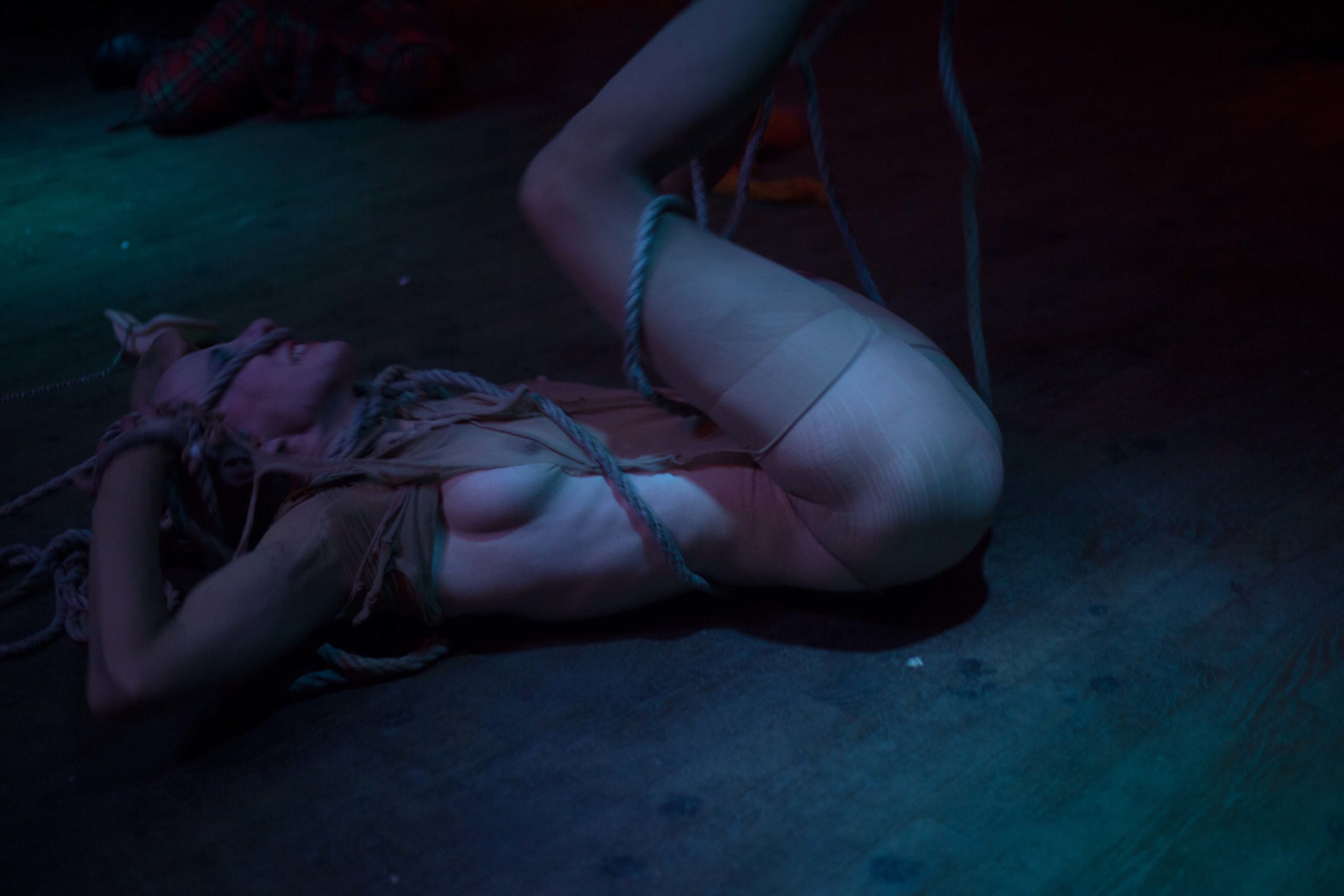Category: LoveLetters
-
art/work in the context of war
I have always been working in a context of war, every day of my working life. That means i have been receiving money to survive in exchange for my labor while direct militarized violence, police violence, domestic violence and structural violence has persisted every day all around me near and far. in that context the…
-
Why Speak about Extraction and Extractivism
Why am I thinking about extractivism and what am I hoping to understand through this process? Part of what I would like to do is begin from a space of acknowledging that extractivist practices are inherent to most labour and creative processes, including my own. As a sound designer using field recordings–I may record the…
-
Extracting the Yes.
Almost any exchange can be extractive. Although we might try to undermine extractive practices by so-called ethical practices such as obtaining consent through proof of signature and email trails of information, these practices may still obfuscate the extractive power dynamics or the possibilities of extractivist practices inherent in any exchange. I’m interested in the context…
-
worker artist
No one in the Berlin underground calls themselves part of the free scene, but don’t take it from me. Despite having 16 solid years performing and over 1500 live show appearances, I seem to still have so much to learn except how to put on my face in 3 minutes flat. As far as I…
-
Why I like Aging
Because I have experienced more different and varied contexts which shake my center of reality. Because I feel more confident in my body and in my identities even as they are shifting. I have a less self-conscious way of simply being and sitting in a room. My body has changed physical ways which seem to…
-
not THE PROBLEM
when i moved to berlin in 2004 exactly on this weekend my rent was 75€ for my room. i got a job dancing at sage club on the bar for 80€ on a friday or saturday night for four 45 minute sets between 11 and 3 am. No show preparation required–lets say 1 hour of…
-
Making the Deadline
When I was a young person, a teenager, and especially when I left grade school and finally had agency over my own education … I started to wake up to how fucked up the world is, always has been, creates and sustains violence. I understand that I played a role, consenting to it, as a…
-

This Morning Waking (2000 – 2020)
EP and Essay Collection Purchase the EP: Mad Kate | the Tide – This Morning Waking HERE This Morning Waking. This morning waking, I will wake up, I will wake up, I will wake up, and it will be the clearest morning I have ever woken. I have been repeating this mantra for 20 years.…
-
Relations
When the hard rain comes it leaks through the glass pained roof above my bed nook. It doesnt leak enough to fill buckets but it cries tears through the metal seams and lands in soft patches on my bed. I know that I have to go to the store tomorrow to buy clear silicon and…
-
this is not a war this is a nonviolent protest
this is not a war we are going through. this is a non violent protest a resistance. our bodies are on the line, not all of us, but some of us especially collectively those not on the front lines must pass them badly needed supplies must modify our own behavior to protect them we have…